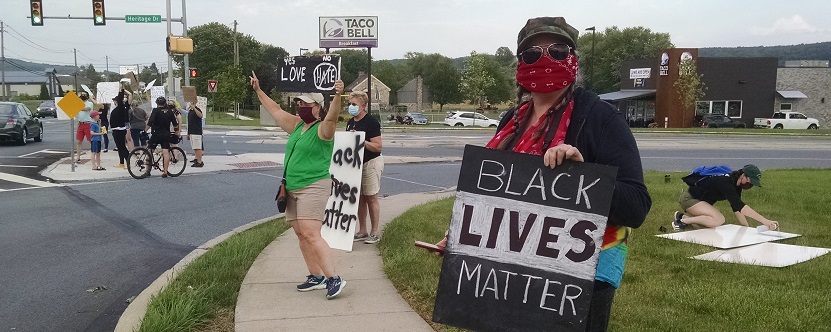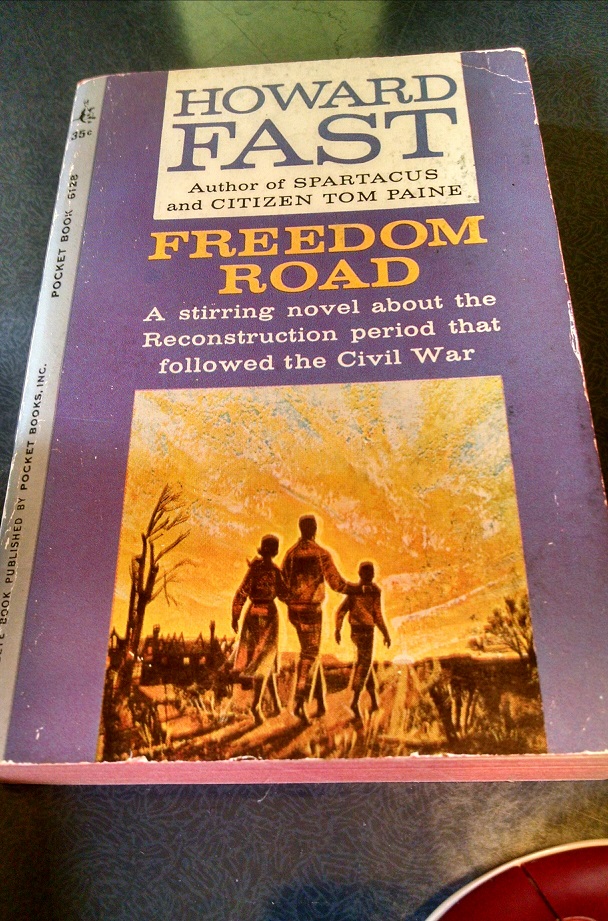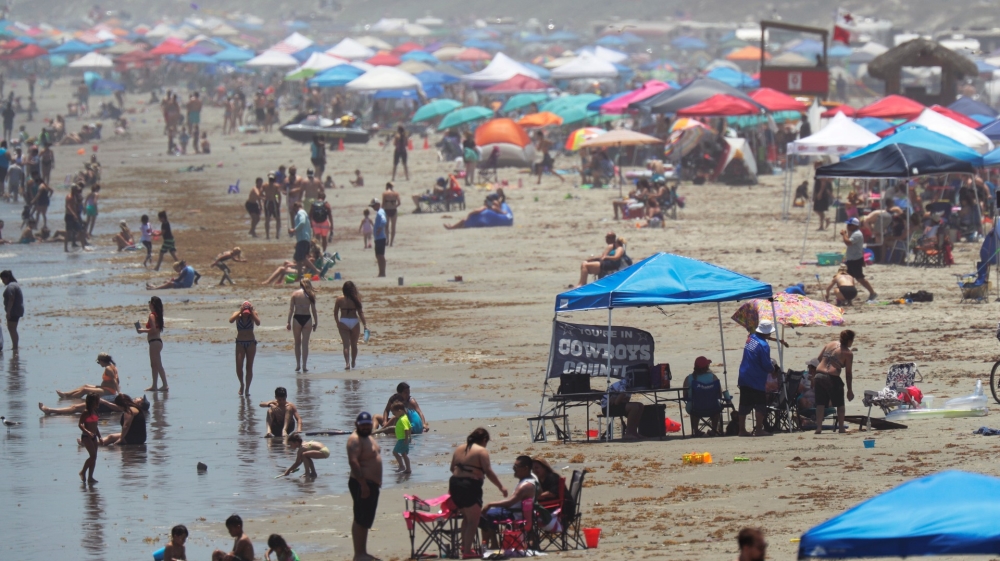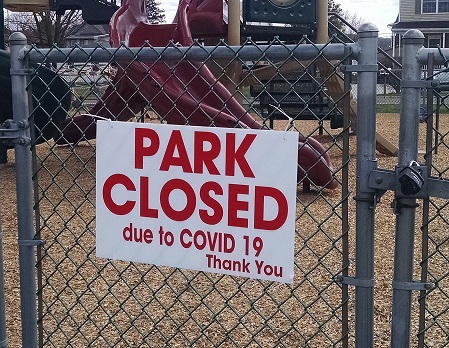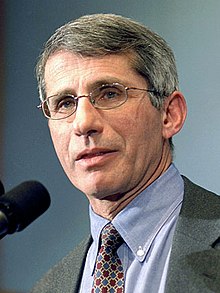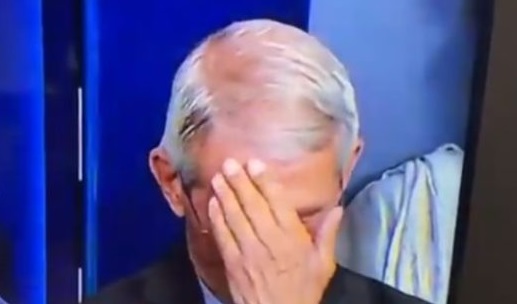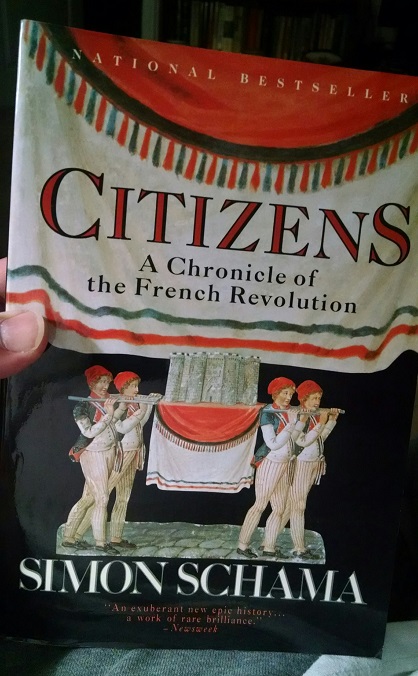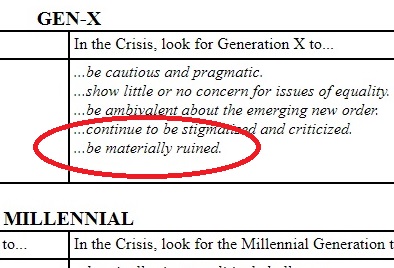Rise Of The Planet Of The Covidiots
It’s more contagious than other deadly coronaviruses we have encountered, like SARS. And it’s far deadlier than other very contagious viruses, like H1N1. That is what experts are telling us about SARS-CoV-2, the virus that causes the respiratory disease Covid-19. To reiterate, the virus is both very contagious and much more lethal than the flu. That is why mitigation is warranted.
The current case fatality rate is around 6%, according to this dashboard. That is like, if you get the disease, you roll a d20, and on a 1, you’re dead. Do you like those odds? Do you want to be infected by this virus, or have someone you know become infected? I would hope not. So why don’t you just wear a face mask in public? And avoid crowds? Why is this so hard?
I think about this whenever I see the viral videos of beachgoers or partyers ignoring all social distancing recommendations, or of the crowded hallways of a just opened school. I think about it when I drive by a restaurant and see people out on the tables dining, or even when I walk up to the Post Office and see them gathering at the ice cream place that’s up the block, standing in line or sitting on the benches without wearing masks.
I mean, seriously, it’s that important to eat out? You know you can get takeout, and all parties involved, both the customer and the vendor, can be masked, right? If it’s really that you’re trying to support the restaurant business, you could get takeout but tip like you were dining in, and just forego being waited on because, you know, pandemic.
But apparently it’s all too much for an impatient country, restless from months of being stuck at home. A country with failed national leadership and no cohesive plan for dealing with this disease. A country that bases its beliefs on the science of the pandemic on political partisanship, so that whether or not to wear a mask depends on being part of the blue zone or red zone.
So we almost flattened the curve, early on there, but then pent-up energy and sheer orneriness overcame us, and back up it goes.
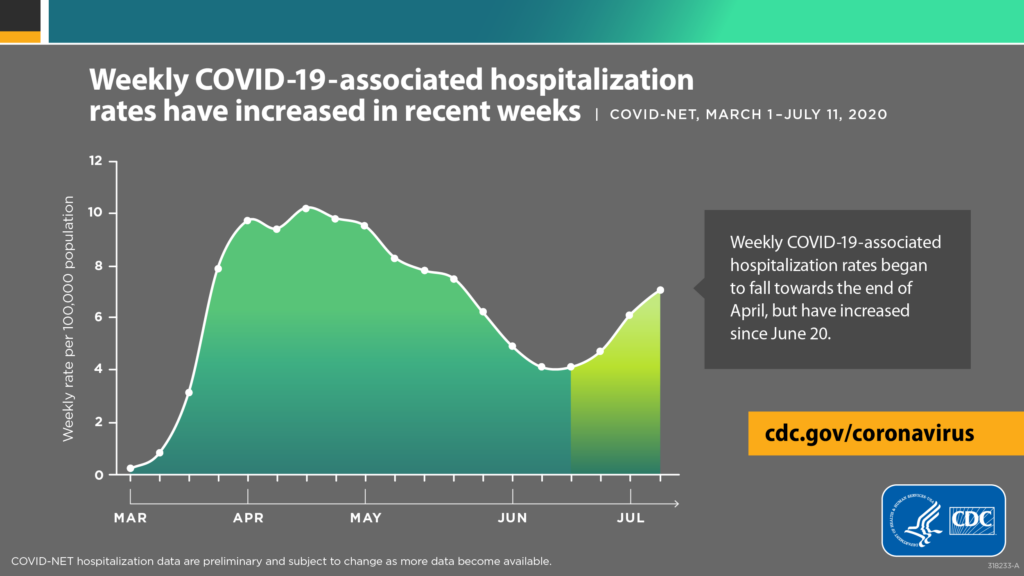
I feel like we’re at the beginning of some weird apocalypse movie trilogy. I call the current installment Rise Of The Planet Of The Covidiots. I see them everywhere – the anti-maskers, the plandemic conspiracy theorists, led by the Covidiot-in-Chief. Now I’m just waiting for the inevitable sequel. Lord knows what madness comes next.
